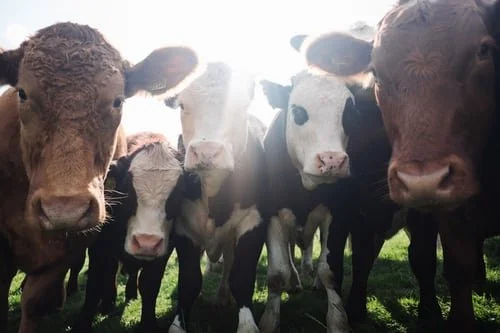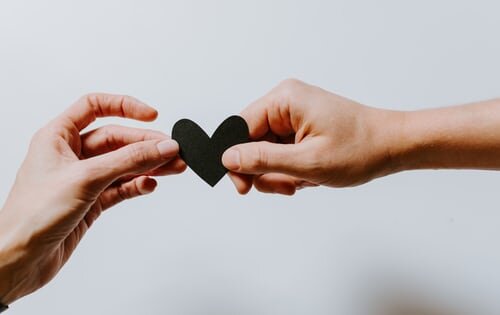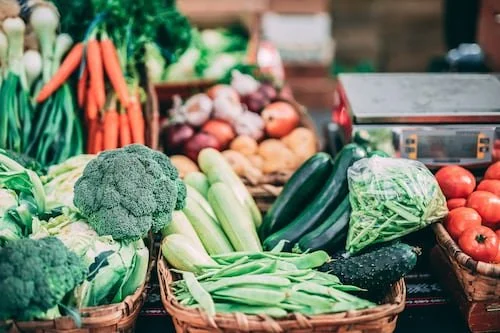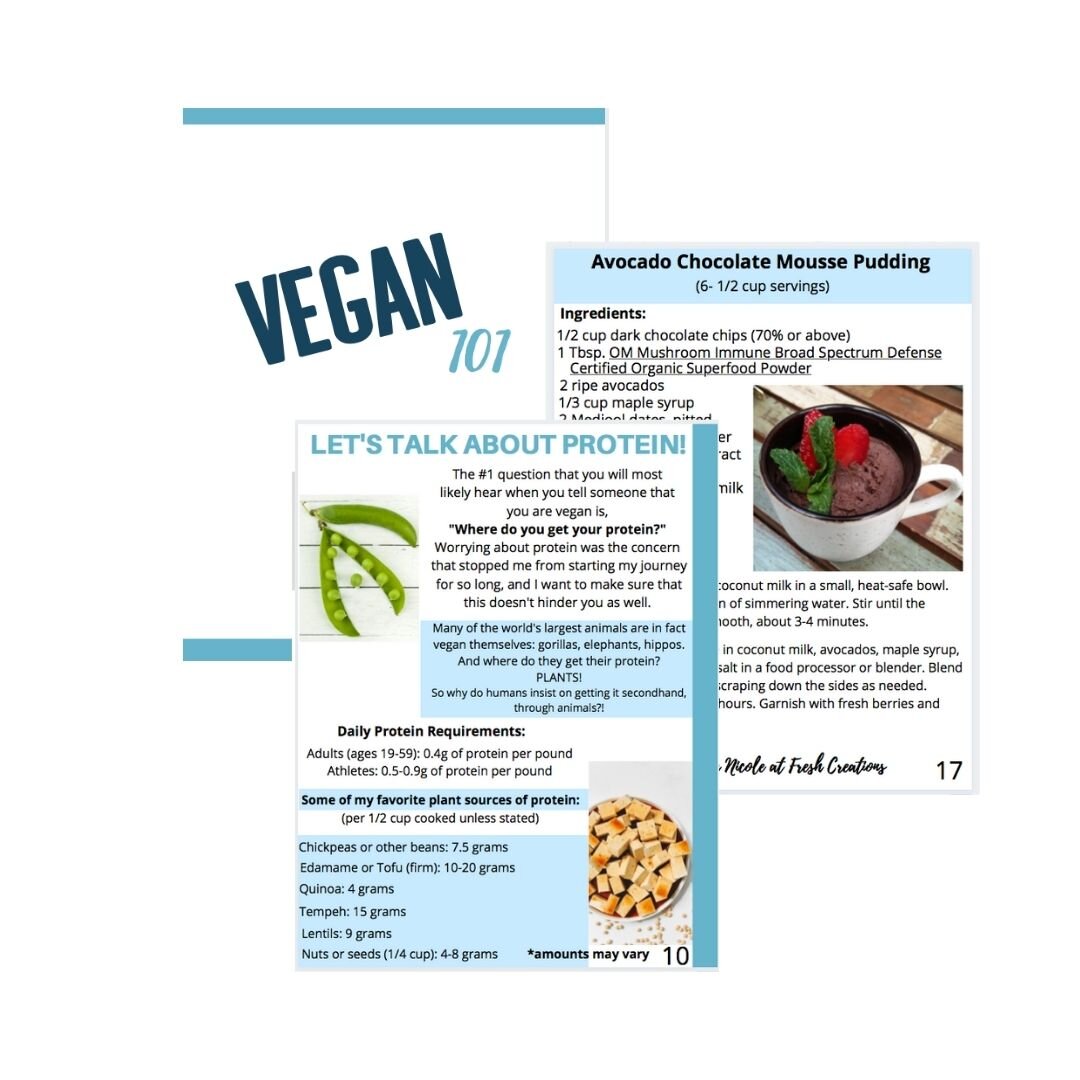What's the difference between vegan and plant based?
/These days there are so many different terms out there: vegan, vegetarian, pescatarian, fruitarian, plant predominant, plant based, whole food plant based. The list seems endless and can be so confusing for those who are just starting on this journey.
Let’s take two of these terms and define them.
What is the difference between vegan and plant based?
By definition someone who is vegan “abstains from the use of animal products, particularly in diet, and an associated philosophy that rejects the commodity status of animals” (Wikipedia). In other words, someone who is vegan doesn’t eat animals (or byproducts) or use them in other areas of their life (cosmetics, furniture, clothing, etc.).
Does vegan mean healthy? No, not necessarily.
Most people who go vegan do it for the animals, and not necessarily for their health. In today’s world, there is a plethora of vegan options and you can live off of vegan burgers, ice cream and pizza. While these options are so much better than eating animals, they aren’t the healthiest options on a day to day basis.
On the other hand, most people go plant based for their health but they may not care about animals. Someone following a plant based diet eats a diet rich in whole grains, legumes, fruits, veggies, nuts and seeds. They may still include a small amount of animals in their diet and use animals in clothing, furniture, cosmetics, etc.
So what do you think? Would you consider yourself vegan or plant based? I like to call myself a plant based vegan. I deeply care about the animals but also want to be as healthy as possible <3





















